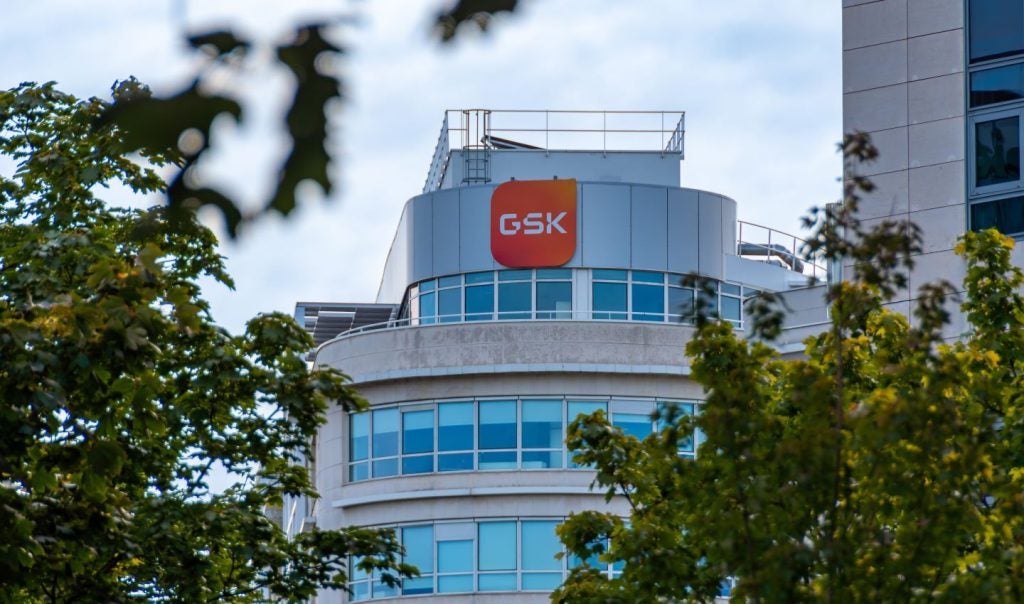UK-based pharmaceutical company GSK has announced positive headline data from the EAGLE-1 Phase III clinical trial of gepotidacin.
Gepotidacin is an oral bactericidal antibiotic designed to treat uncomplicated urogenital gonorrhoea in adolescent and adult patients.
The drug is a triazaacenaphthylene antibiotic that acts on bacterial DNA replication with a unique mechanism, providing activity against strains resistant to existing antibiotics.
The non-inferiority EAGLE-1 trial analysed the safety and efficacy of gepotidacin against that of intramuscular ceftriaxone plus oral azithromycin.
It enrolled nearly 600 subjects with uncomplicated urogenital gonorrhoea caused by Neisseria gonorrhoeae.
In the trial, gepotidacin demonstrated non-inferiority to the combination of intramuscular ceftriaxone and oral azithromycin.
The study's primary efficacy endpoint was met, with two doses of 3g of oral gepotidacin showing non-inferiority to 500mg of intramuscular ceftriaxone plus 1g of oral azithromycin.
The results were based on the microbiological response at the Test-of-Cure visit, which occurs three to seven days after treatment.
Gepotidacin's safety and tolerability profile in the EAGLE-1 trial remained in line with prior data from Phase I and II trials.
GSK Development senior vice-president Chris Corsico said: “With rising incidence rates and concern around growing resistance to existing treatments, gonorrhoea poses a threat to public health globally.
“These positive headline results demonstrate the potential for gepotidacin to provide a novel oral treatment option in the face of rising resistance and for patients who cannot take other treatments due to allergies or intolerance.”
GSK is also investigating gepotidacin's potential to treat uncomplicated urinary tract infections (uUTIs). If approved, the drug could become the first new class of oral antibiotics for uUTIs in more than 20 years.
Earlier this month, GSK published interim data from the Phase III DREAMM-7 head-to-head clinical trial of Blenrep (belantamab mafodotin) for relapsed or refractory multiple myeloma.









